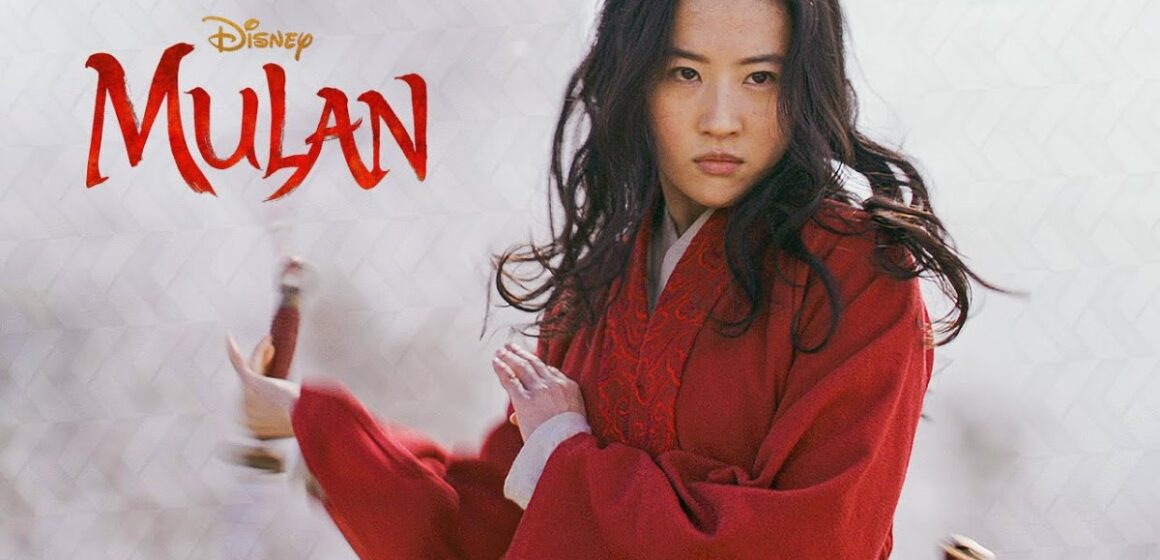Disney’s latest live-action movie Mulan has been taking huge streaming strides despite a growing number of people calling for its boycott.
The former animated movie turned into a live-action offering this month was originally intended to be the latest in Walt Disney’s long line of successful blockbusters.
But Niki Caro’s reimagined version of Mulan is instead a test case for a whole new model of Disney’s foray into movie streaming distribution.
After the coronavirus pandemic repeatedly delayed the movie’s theatrical premiere, Disney decided to bypass multiplexes altogether and released the film on its streaming service, Disney+, as a “Premier Access” title for a $29.99 price tag on top of the usual subscription fee.
Based on initial reports, the studio’s gamble seems to have paid off: According to app download research firm, Sensor Tower, the number of Disney+ downloads increased 68% after Mulan debuted on September 4.
For the record, that’s below the 73% spike that happened after the filmed version of Lin-Manuel Miranda’s Hamilton launched on Disney+ (without the Premier Access fee) earlier this summer.
But it still confirms that there’s a massive captive audience that’s hungry for high-profile Disney releases, perhaps giving the studio extra incentive to make Marvel’s highly-anticipated Black Widow the next Disney+ Premier Access title.
#Boycott Mulan spreads over the internet
Even as Disney+ downloads increase, though, a social media-driven #BoycottMulan campaign is also gaining ground online.
The most vocal critics of the film are based in Asian territories like Hong Kong, Taiwan, and Thailand and are calling attention to a myriad of behind-the-scenes issues surrounding the film. The film based on an ancient Chinese legend was made with an eye towards the country’s lucrative moviegoing market.
Unlike in the U.S., Mulan will play in Chinese theaters — which have largely reopened after the initial wave of the pandemic — starting September 11.
The first embers of the current controversy were stoked well before the film’s Disney+ debut. In August 2019, Mulan’s star, Liu Yifei, generated online outrage when she spoke up in support of the Hong Kong police force as they clashed with local pro-democracy protestors.
Hong Kong-based activist Joshua Wong took to Twitter over the weekend to remind people of the Chinese American actress’s previous comments at a time when the territory’s relationship with China is growing increasingly strained.
The #BoycottMulan campaign gained additional momentum when critics noted that portions of the film were shot in China’s Xinjiang province, where human rights abuses against the country’s Uyghur Muslim population are alleged to be taking place.
Eight government organizations in that region received a mention in the “Special Thanks” section of Mulan’s closing credits, among them the public security bureau in Turpan, which has reportedly been linked to internment camps in the autonomous region where almost one million Uyghurs are currently detained.
China insists that the camps exist purely to address security and economic concerns, but activists are quick to point to reports of serious abuses committed by authorities against the minority population.




Leave a Reply